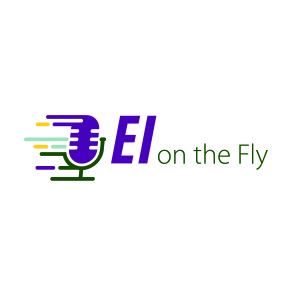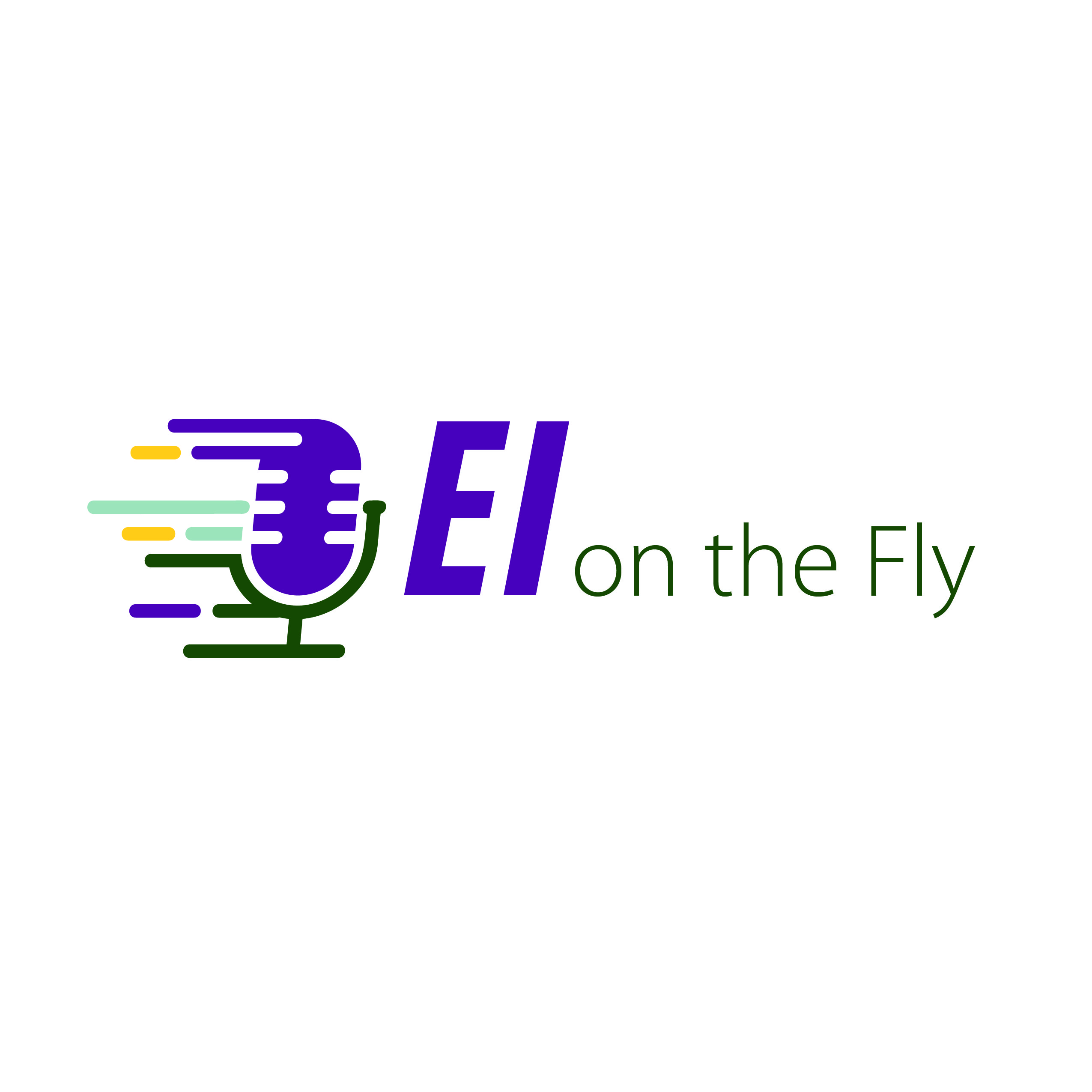Episodes

Tuesday Dec 10, 2019
Episode 4: Active Listening
Tuesday Dec 10, 2019
Tuesday Dec 10, 2019
In episode 4, we define active listening and discuss the importance of listening to families as they share information. We explore examples and strategies to help early intervention practitioners build their active listening skills, emphasizing the HEAR model to guide practices.

Tuesday Nov 12, 2019
Episode 3: Asking Meaningful Questions
Tuesday Nov 12, 2019
Tuesday Nov 12, 2019
In episode 3, we discuss how to gather functional assessment information from families by asking meaningful questions. We consider differences between formal interviewing and informal conversations with families and delve into different types of questions, such as conversation openers versus closers and open-ended questions. Strategies are discussed to help early interventionists address challenges with gathering information and encourage families share what they know.

Tuesday Oct 15, 2019
Episode 2: Intentional Observation
Tuesday Oct 15, 2019
Tuesday Oct 15, 2019
In episode 2, we dive into the first component of functional assessment: observation. We define observation in the context of early intervention and consider how it helps us “watch to listen and learn.” We discuss observation during the initial evaluation/assessment and service delivery, emphasizing how observation helps us gather functional information about children, how they interact with family members, and what interests and motivates them – all without inferring meaning or judgement. We’ll also review tips for helping families understand the importance of observation.

Wednesday Sep 18, 2019
Episode 1: What is Functional Assessment and Why Does It Matter?
Wednesday Sep 18, 2019
Wednesday Sep 18, 2019
In episode 1, we begin our discussion about functional assessment (FA) in the context of early intervention. We define FA and introduce important concepts such as conducting observation, asking meaningful questions, using active listening, and learning about how children interact and learn during daily activities. We talk about what ongoing FA should look like, compare it to traditional assessment, consider examples, and think about how to integrate it into your work with families.

